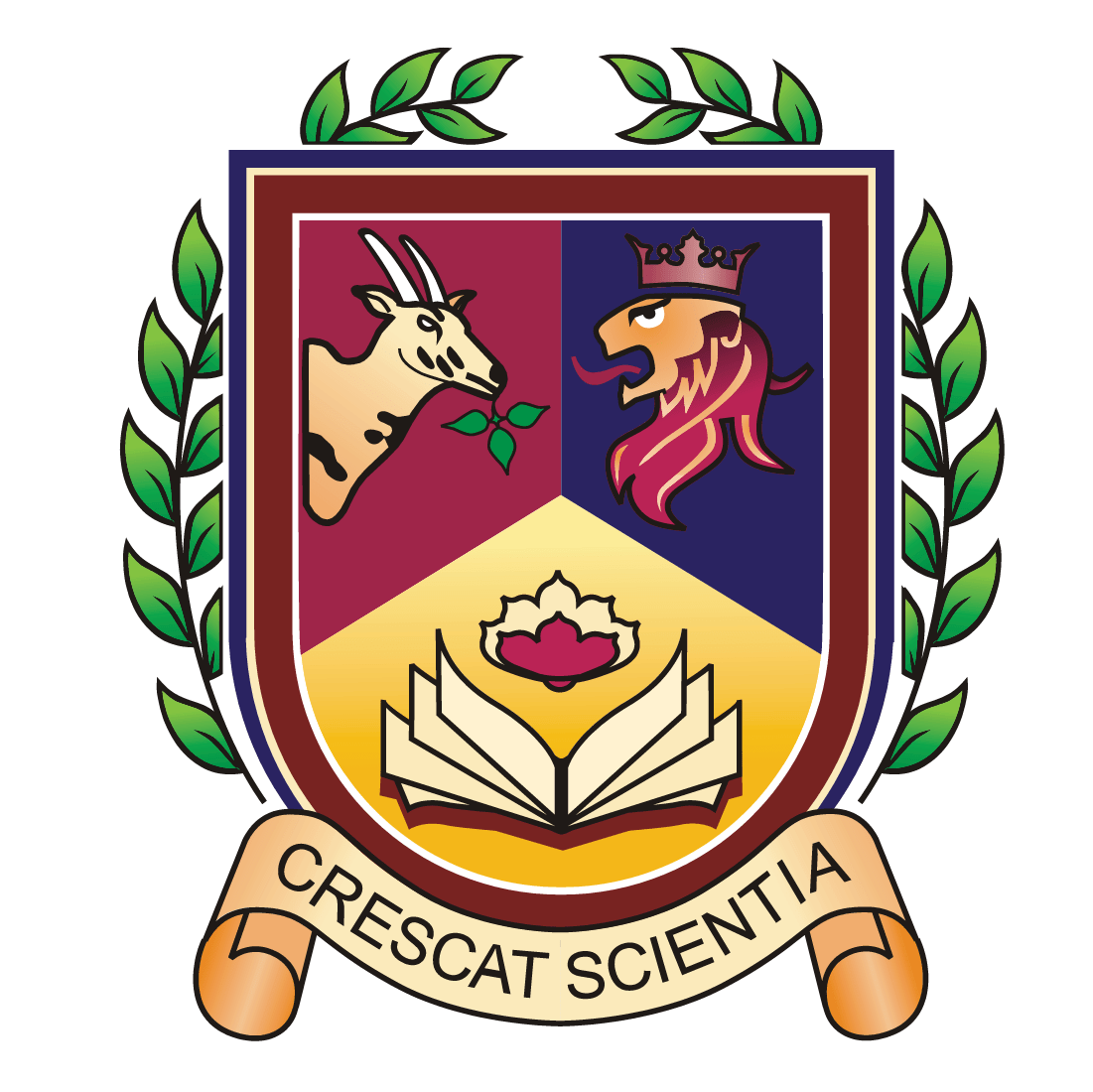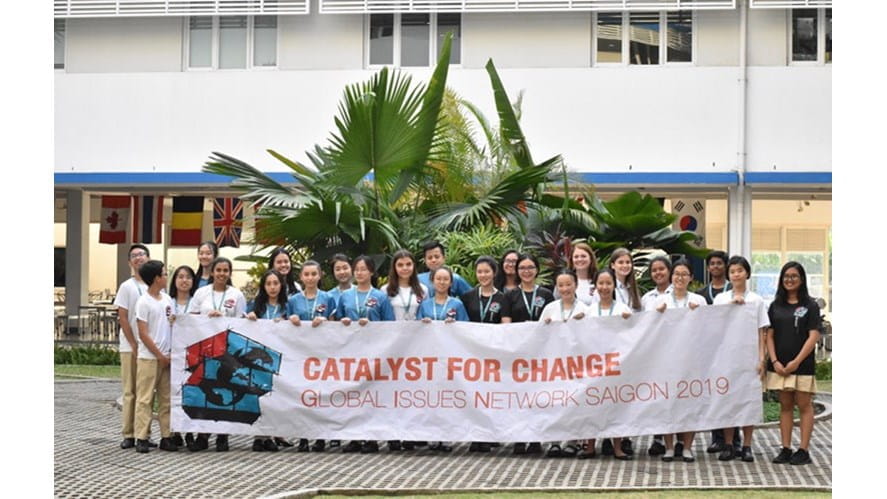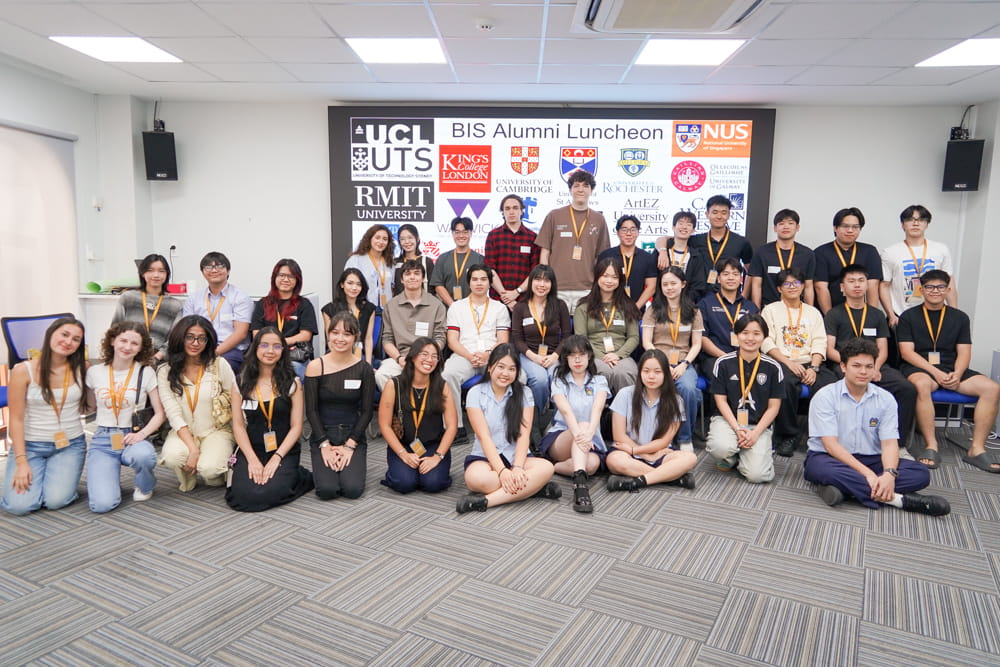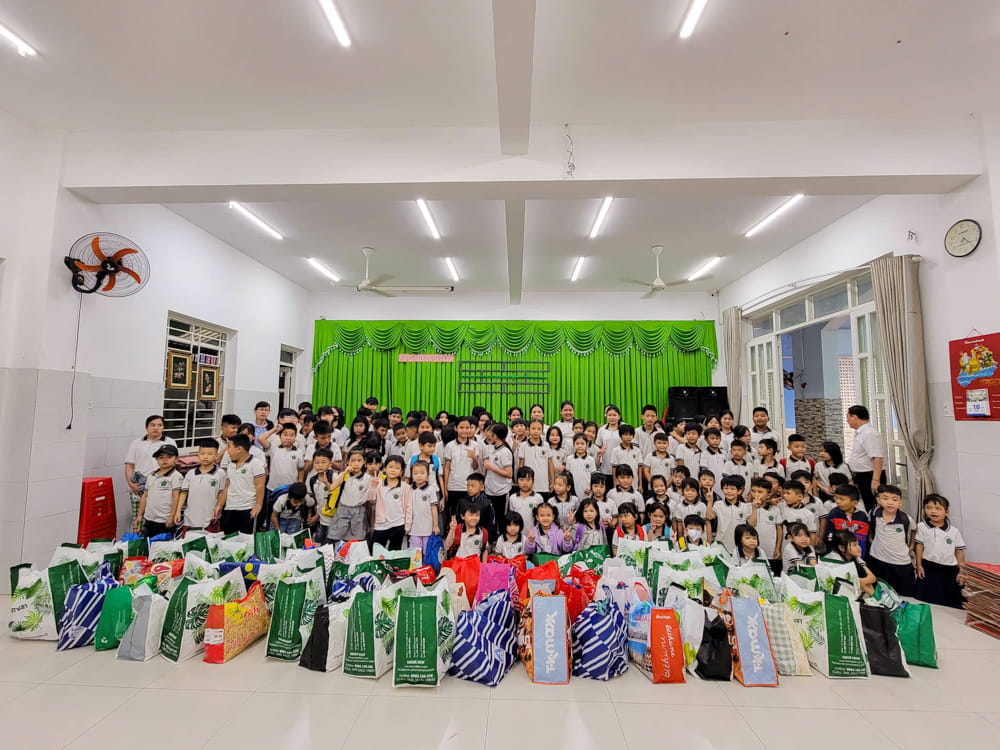GIN Saigon Conference 2019 BIS HCMC collaborated with the Australian International School to organise the Global Issues Network Saigon Conference for 2019.
From Friday the 22nd to Sunday the 24th of February, students from schools around the Southeast Asia Region participated in the Saigon Global Issues Network conference. Here they discussed 15 important global issues ranging from gender empowerment to animal rights to environmental action. The GIN team tells us more...
The British International School and Australian International School have collaborated to organise the Global Issues Network (GIN) Saigon conference for 2019. The Global Issues Network is an international group that aims to empower young people around the world to create meaningful change in their communities. At GIN conferences, students have the opportunity to meet fellow change-makers, discuss the issue and create possible solutions. As the aim of the conference is to empower young people, it is organised and run by students.
The theme for this year’s GIN Saigon conference was “Catalyst for Change.” It was attended by over 200 students from schools around Southeast Asia. The students were organised into 15 Global Action Network Groups (GANGs), each specialising in one significant global issue. The GANG groups are composed only of students - each one comprised of 2-3 GANG leaders and several participants. The GANG leaders are experts on their issues and guide the participants in their research and discussions. The participants use these discussions to create a final project that explains their issue in detail and showcases their proposed solutions. This year’s participants had a range of creative projects. Some of the most memorable was a game to show wealth disparity and an interactive seminar on artificial intelligence delivered by two “professors.”
Apart from the GANG groups, students also took part in a simulation. This year’s simulation was about the growing problem of sweatshops, which use cheap labour to mass produce garments for export. These have become a growing problem around the world due to the ‘fast fashion’ trend, and they often entail poor working conditions and minimal pay for impoverished employees. Asia has seen massive growth of sweatshops in recent years due to low labour costs and loose regulation, so this topic was chosen to make the simulation more relatable to the students and show them the true cost of their potential clothing choices. In the simulation, participants had to go through the entire fabric-making process. They had to untangle yarn off a large net to simulate cotton picking, then braid these into rope and sew them onto shirts under harsh time constraints and in a confined space. They then had to run back and forth along the width of the gym to collect letters and unscramble these into a word relating to the issue. For each step, they were given points, with potential for points to be taken away. This showed the students the atmosphere of competition surrounding real sweatshops, with the winning group ending at over 200 points while the group with the least points ended at almost -600 points.
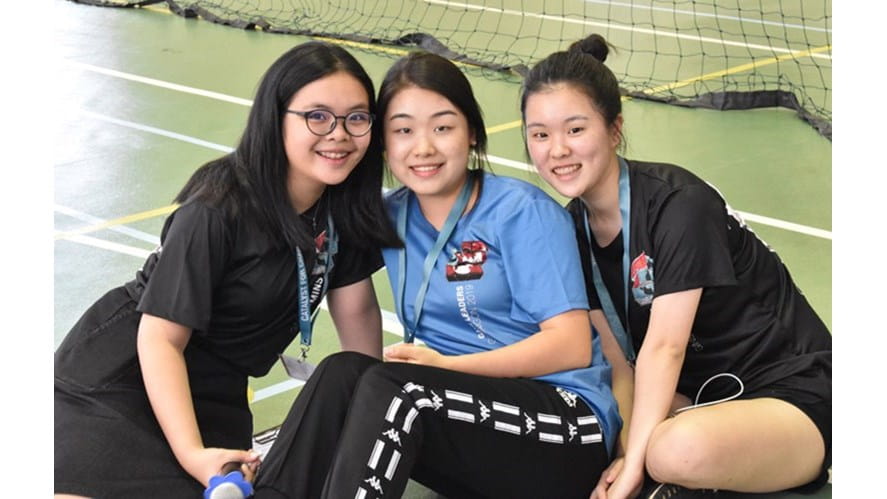
Lastly, participants had the opportunity to hear about real life change makers through several talks by keynote speakers and a service fair. The first speaker was Dr. Mary Chambers, a clinical researcher with the Oxford University Clinical Research Unit in Ho Chi Minh. She spoke about how clinical research is conducted, the challenges they face and shared statistics on how their work has helped to reduce the prevalence of Malaria in Vietnam. The second speaker was Thanh Doan, a student at SSIS who shared his initiative for gender empowerment and his thoughts on how gender stereotypes impact social roles in Vietnam. A third speaker spoke about how meaningful change needs to be long term, as well as how this can be achieved. Ms. Nguyen Da Quyen from Refill Station spoke about her experience campaigning to reduce single-use plastic by encouraging the people of Ho Chi Minh city to use refillable water bottles by creating water refill stations around the city. Lastly, Mr. Benjamin Grepinet from Gingko Vietnam spoke about his experience creating clothing using sustainable materials and practices, a topic all the more relevant due to this year’s simulation. In the service fair, students could see and support organisations from around Vietnam, who create change in many different areas ranging from reducing Rhino poaching in Africa to supporting the disabled children of Ho Chi Minh.
Overall, the students had a meaningful experience organising and participating in the conference. They learned about key global issues and how they can make an impact. In the process, they also had a lot of fun and the opportunity to make new friends from across borders. They are looking forward to attending again next year and further developing their understanding of global issues and increasing their impact on the world.
The 2019 Gin Team
Discover more:


